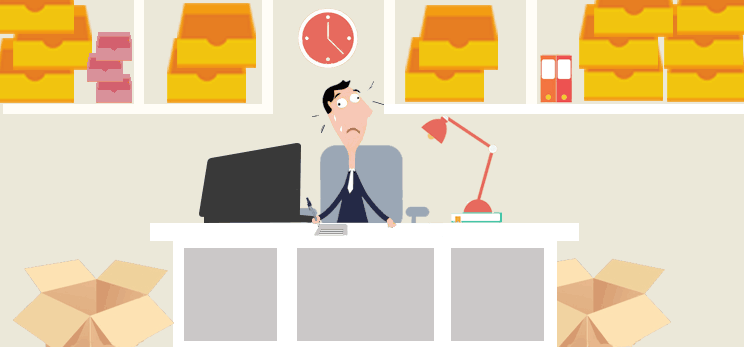Reasons that start-ups fails:
-
Not turning away in time
In 7 percent of the post mortems, not changing direction or swiftly enough from a poor product, a bad hire or a stupid call was taken as a sign for failure. Getting a terrible strategy or being engaged can drain time and energy, as well as leave workers disappointed by a lack of progress.
-
Completely being spent
Work-life balance is not something that startup founders always get, so there is a strong chance of melting out. Burnout was assigned a reason for failure. The ability to minimize your losses where possible and retiring your efforts when you see a dead end was considered crucial in order to succeed and avoid burnout, as was the ability to have a powerful, diverse and motivated team so that responsibilities can be shared. And being non prepaid add more strain.
-
Turning a blind eye to reality
Dreaming is good until had a solid ground to make it a reality otherwise it didn’t take long to turn into a nightmare instead
We always diagnose about start-ups founders lamenting their lack of network or investor connectivity, taking them even farther from the grip of reality. A short enclosed survey from your own network could give you the picture to reality.
-
Lack of finance
Attached to the more popular excuse is to run out of cash. A number of start-up founders specifically pointed to a lack of market confidence in the seed follow-up stage. This is a common occurrence when we have no measure to understand the scope, risk, investment and competitor indulgence in market and that happens without a proper research to support you.
-
Failed Geographical expansions
Place has been a issue in a variety of different ways. The first was that there has to be agreement between the concept and the location of your start-up. If not then the different realities would crash into each other and create havoc.
-
Product Unsuitability
If you launch your goods too early, consumers may write it off as not decent enough and, when their first impression of you is unfavourable, it may be problematic to get them back. And if you’re releasing your product too late you might have missed your potential market window.
A very significant example is Virtual reality which entered markets too early and the supportive hardware wasn’t even available letting it down overall.
-
Ignoring your customers
Ignoring users is a tried and tested way of failing. Tunnel vision and not gathering input from consumers are fatal flaws for most tech companies.
Instated we do is hit and trial and wait for customers to change their need expectations and requirements as per our offerings, forgetting we are manufacturing for serving customers not other way around.
-
Product without a business model
Most of the unsuccessful entrepreneurs agree that a business model is necessary – staying wedded to one channel or not seeking ways to make money on a scale leaves investors reluctant and founders unable to capitalize on any momentum gained.
-
User unfriendly product
Be it the requirements or price range if you do not deliver the product that seems fit for user than making it is a complete waste.
In 42 percent of cases, solving concerns that are important to solve rather than those that meet a business need has been cited as the No. 1 explanation for failure.
Conclusion
E-commerce has a disaster rate of nearly 80 percent. Many errors happen while developing an e-commerce company, but as an entrepreneur, you need to realize that these are the same mistakes that you need to learn from in order to keep going in business or see the entire e-commerce business collapse.
For more detailed knowledge, you can check out this blog: The Secret of Ecommerce Success.

